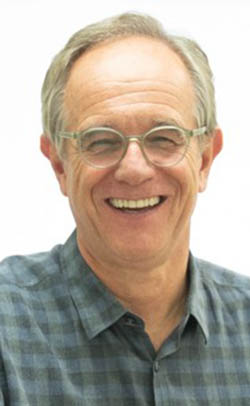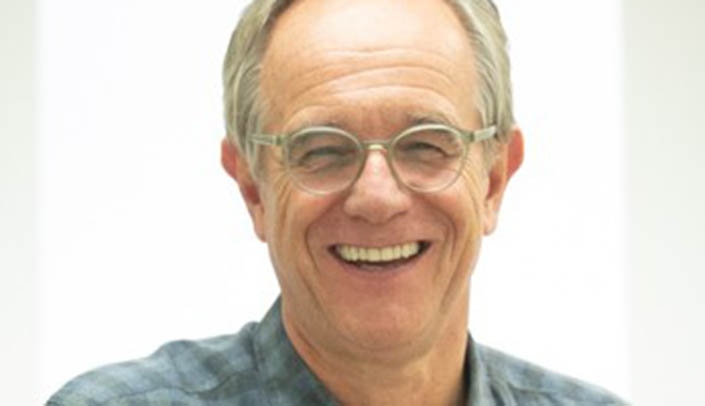A leading expert on aging, Eric Verdin, M.D., will be the guest speaker for the Denham Harman, M.D., Ph.D., Lectureship in Biomedical Gerontology at UNMC. The lecture, which is free and open to the public, will be held at noon on Friday, April 5, in the Fred & Pamela Buffett Cancer Center, Room 0.12.101.
 |
Eric Verdin, M.D. |
Dr. Verdin’s laboratory focuses on the role of chemical changes in the cell related to the aging process.
His laboratory was the first to clone a family of enzymes and demonstrate how metabolism, diet, and small molecules regulate the activity of the enzymes and proteins, and thereby the aging process itself and its associated diseases, including Alzheimer’s disease. He has published more than 210 scientific papers and holds more than 15 patents.
His talk will be about mitochondrial sirtuins and aging. Sirtuins are a new family of proteins identified by his lab that affect aging.
“Mitochondria are the powerhouse of the cell,” Dr. Verdin said. “We have identified a new family of proteins that maintains their integrity and allows them to power the organism. These proteins are called sirtuins, and they are critically dependent on a cell compound called nicotinamide adenine dinucleotide (NAD).
“We have further found that NAD becomes depleted during aging, which contributes to mitochondrial dysfunction and degradation of energy generation as we age.”
Dr. Verdin said he and his team are trying to understand how NAD becomes depleted during aging and how it might be restored.
“We are working on two distinct approaches. First, we have identified a key enzyme that degrades NAD during aging. Second, we are working on NAD precursors that can boost NAD levels and restore mitochondrial function,” he said.
Dr. Verdin also serves as an adjunct professor at the Leonard Davis School of Gerontology at the University of Southern California, Los Angeles and at the University of California San Francisco. Most recently, from 2004 to 2016, he served as associate director at the Gladstone Institutes in San Francisco, where he also served as senior researcher from 1997 to 2016. From 1998 to 2016, he was a professor at the University of California San Francisco.
